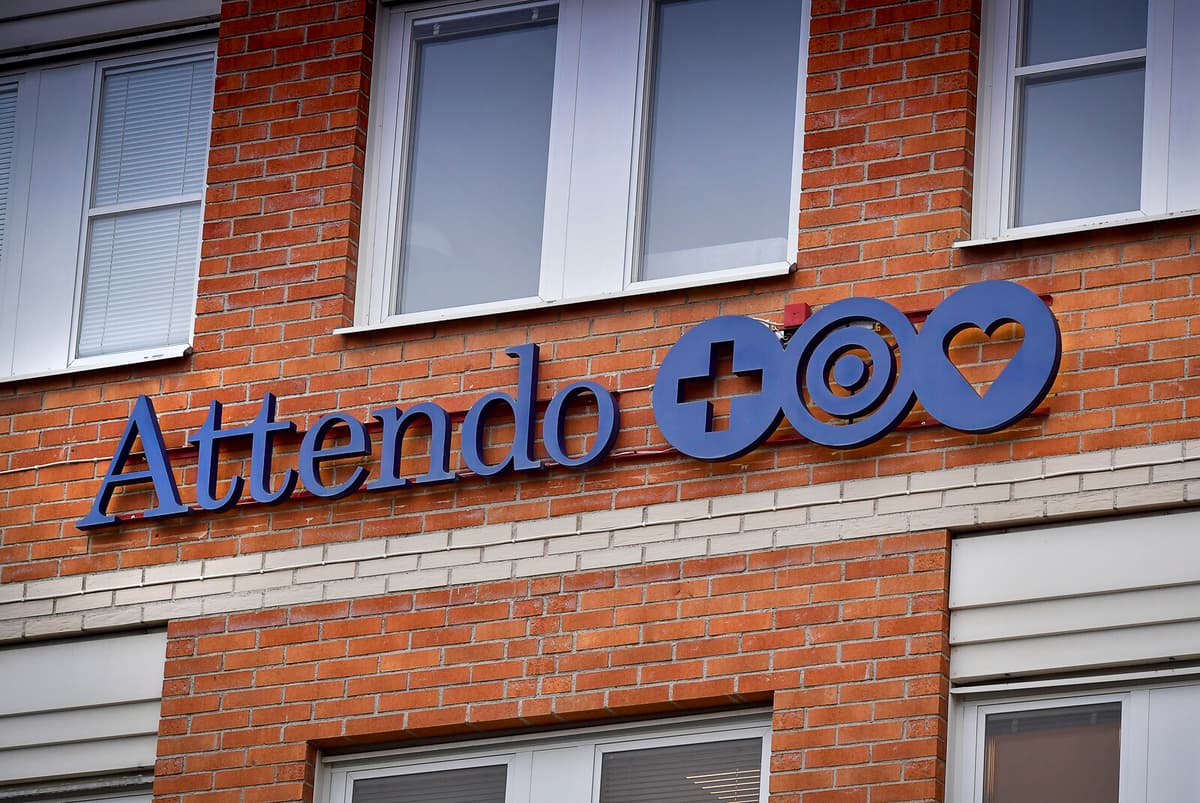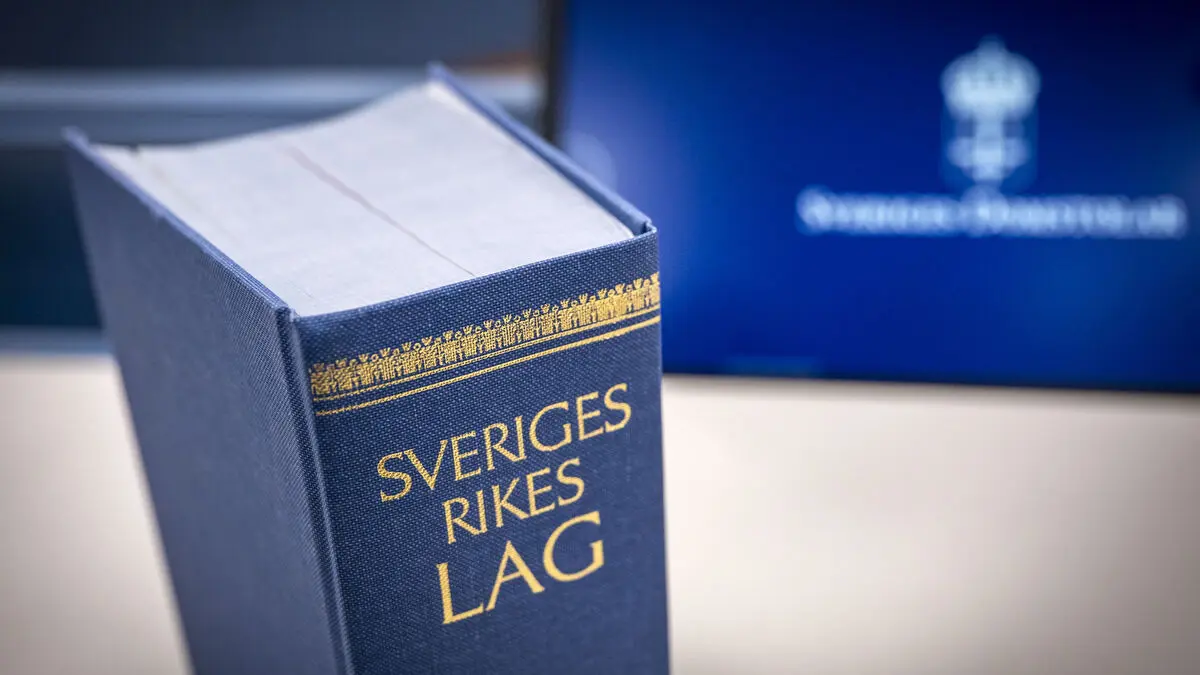The healthcare assistant received a written warning after telling a journalist about irregularities at one of the care company Attendo's facilities during the pandemic.
In its ruling, the Supreme Court writes that the company's message to the employee had a remarkably sharp tone. Now, two representatives of the company are being convicted of violating the law on whistleblower protection in certain individual activities.
The penalty is set to day fines.
"In the ruling, the Supreme Court has made it clear that an employer who warns an employee for providing information to the media can be convicted of a crime in certain cases," says Christine Lager, one of the judges in the case, in a comment, and continues:
"It doesn't matter what the employer calls the message. What matters is whether the message conveys a sharp retaliatory tone to the employee."
To the Head Office
The case goes back to the pandemic spring of 2020, when the healthcare assistant turned to Expressen and testified about deficiencies in infection control at the facility.
After publication, the healthcare assistant was summoned to Attendo's head office. During the meeting, the accuracy of the information she provided was questioned, and she also received a written warning for disloyalty to the employer. The healthcare assistant secretly recorded what was said during the meeting.
Three managers were prosecuted for violating the law on whistleblower protection in certain individual activities. The law came into force in 2017 and gives employees in private care companies the right to report irregularities and protection against retaliation. The Attendo case is the first to be tried in court.
Changed Main Contractor
The District Court convicted two of the three defendants of violating whistleblower protection and the Court of Appeal later upheld the verdict. The written warning the healthcare assistant received was sharply formulated and should be seen as a disciplinary action, according to the District Court's verdict.
The verdict was appealed, and one of the grounds was that the warning concerned information the healthcare assistant had provided on YouTube, which is not covered by whistleblower protection. Another ground was that a written warning should not be considered a serious violation of the retaliation ban. It is this issue that the Supreme Court has had to clarify.
The two managers no longer work at Attendo, and the facility is no longer operated by Attendo.
The law gives privately employed individuals in healthcare, schools, and care the same right as publicly employed individuals to provide information about their operations to TV, radio, and newspapers. The law also gives employees protection against retaliation and interference from their employer.
The law applies to activities that are at least partially publicly funded.
The right to provide information does not apply to matters covered by confidentiality.
The penalty for intentionally retaliating against or interfering with someone who has provided information is fines or imprisonment for up to one year. By interference, it means dismissal, termination, issuing a disciplinary penalty, or a similar measure.
Source: SFS no. 2017:151 and Attunda District Court's verdict B 6301-21






